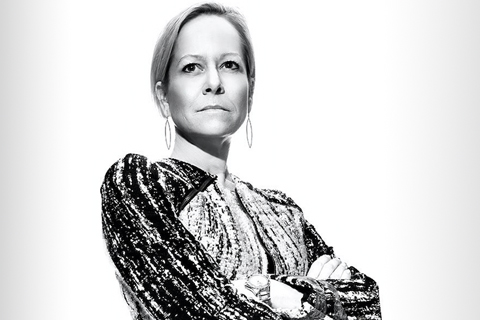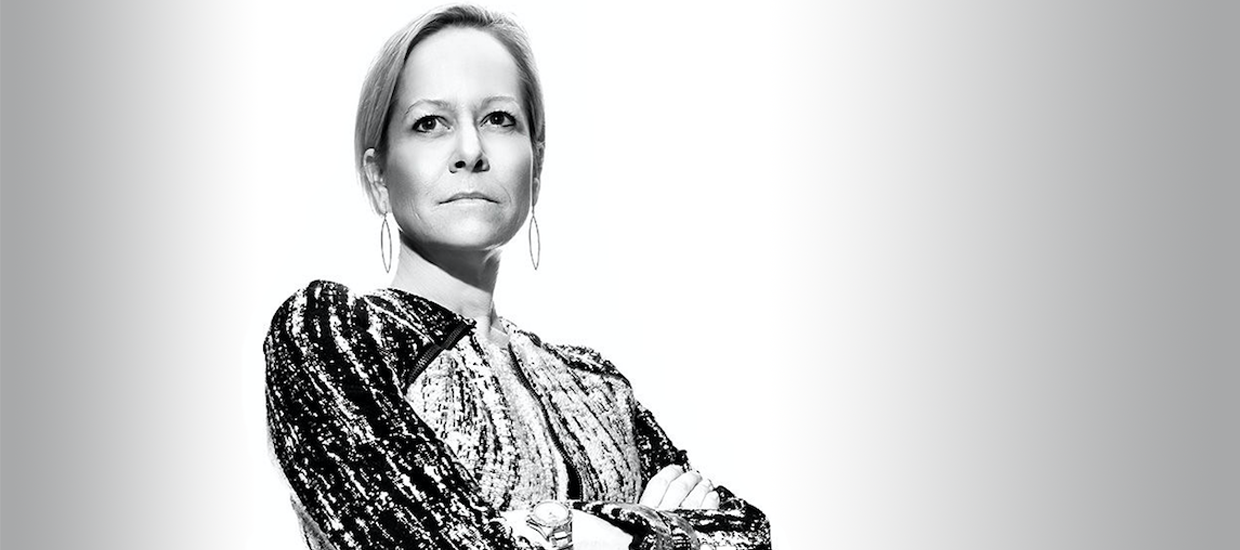As an Executive committee member of MotherBoard, a non-profit in Norfolk Virginia, Carrie Short, B.S.C. '91, M.P.A. '96, still cherishes the days she spent at the University of Miami, envisioning her course to action.
While studying public relations and political science at UM, Short had aspirations for politics, advocacy and progress. During her time at UM, Short, an active grant writer, became involved in an after-school program for children of migrant farm workers in South Florida. She was immediately drawn to the potential influence that she discovered in community service.
“The people I admired the most were the nonprofit leaders, not the political leaders,” said Short. Quickly realizing the impact of non-profits and community leadership, Short shifted gears. “I decided to leave political involvement to other people.”
Short's focal point in recent days, surrounds involving others in conversation around community issues. Short sees improving education and community service as non-partisan and strives to include all perspectives, with an emphasis on women.
How did you choose your area of study at the University of Miami?
I was attracted to all of the offerings in the new School of Communication. They made me feel like I had something to contribute as a student. As I continued to study public relations, I was impressed that the professors were real practitioners in their fields. Not only did they share amazing stories from their real-world experiences, but they were taking time out of their busy professional lives to teach us. In political science, I enjoyed the opportunity to “specialize” as an undergrad by choosing the course I wanted to take. I focused my undergrad studies on electoral politics and campaigns. It blended perfectly with public relations.
How did community service influence your career journey?
I got involved in student activities right away at UM, and because most student organizations participate in community service in some way, it introduced me to volunteering more in the community. When I was an RA, my supervisor asked me to help write a grant to fund a small after school program for migrant farmer families in South Dade. We put the idea to paper and it got funded. As a student in a PR campaigns class, I helped launch a new location for Recording for the Blind, complete with local celebrity appearances and media coverage. As a marketing student, I helped develop brochures in three languages for the Epilepsy Foundation of South Florida, involving us in focus groups with patients, caregivers and staff.
When students pair with community service agencies, they often get the change to perform at very high levels. Nonprofits need all the help they can get, and they are thrilled to get the chance to put student energy and creativity to work. In the early 1990s, the Volunteer Services Coordinator was known on campus as “The Green Dean.” Not only was the position involved with social change issues, but it was designed to be filled by a recent graduate. I jumped at the chance to apply and was astonished to get the position. The Center grew beyond what we ever anticipated and I was asked to stay on as its first Director. That year was Hurricane Andrew which thrust us into the spotlight as we helped coordinate recovery and rebuilding efforts. We later leveraged more grant funds to grow the Center and expand community service learning experience into more classrooms with the help of visionary academic leaders who saw the benefit of placing students in the community to learn and serve. Personally, I went on to earn a Masters in Non-profit Management in the MPA program. I left UM in 1995 to run Virginia’s state office for campus volunteers and went on to work for nonprofits throughout my career. I now work with a small private foundation back in my hometown and employ student interns and work-studies as a nonprofit community service placement (so I guess it’s come full circle!).
Why is it important for us all to work together for social change?
There are so many reasons that we need to work together. I’ve learned so much from other people through volunteerism and activism. No one person has all of the answers; we benefit from shared wisdom. As a community leader, we learn to work with people and as one of my favorite quotes says, “live among them, work with what they have, learn from what they know and in the end, the people will say we have done it ourselves.” (Lao Tsu).
We must listen to each other. When we do, it’s impossible to polarize people. I can’t vilify someone on the other side if he’s my neighbor. We know we’re reasonable people because we’ve talked about an issue or a problem; even if we disagree, we have some common ground and we’re invested in each other. Coalitions are key in community service - I learned that through a project with the University and a community in South Miami - it’s the same in politics.
How has the momentum of MotherBoard factor into what’s next?
Americans were not living into the democracy that our nation’s founders envisioned - one that requires more service than merely voting. Serving our communities is the American way - we are the most generous nation in terms of charitable giving and volunteer service. Two thirds of Americans donate money to charity and most Americans volunteer - so why aren’t more people involved in politics? An overwhelming majority of MotherBoard members have never volunteered for a political cause or candidate, yet they spend hours each week volunteering for their children’s school, a religious organization or garden club. I live in the South where expressing your political opinions is considered rude. We’re getting together as a group and learning how to do politics the same way we do all of our other volunteer service, and it’s changing our community. We’re learning the vocabulary to use when discussing politics and listening to our neighbors, and it’s changing all of us.
Any wisdom for current students, looking to become more involved in social justice?
There are a lot of ways to serve your community. The minute you start getting involved, people will ask you to run for office or start your own nonprofit. Take a step back and realize that participating in the day to day of political or social action is just as important as leading it. To say that someone only has power when they are elected or hired is to devalue the role that each of us can play. That puts us right back to the pre-2016 way of thinking that politics is for other people or that I can’t make a difference. Get out there and value the contributions of the non-elected political leaders and the everyday volunteers - and you can make a difference.





